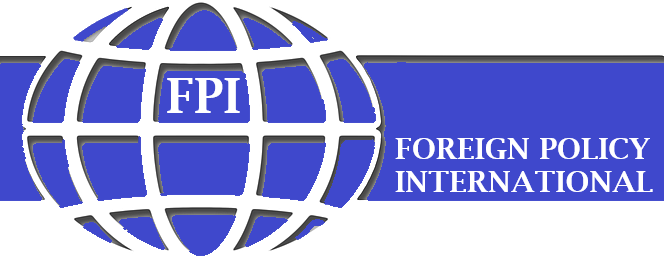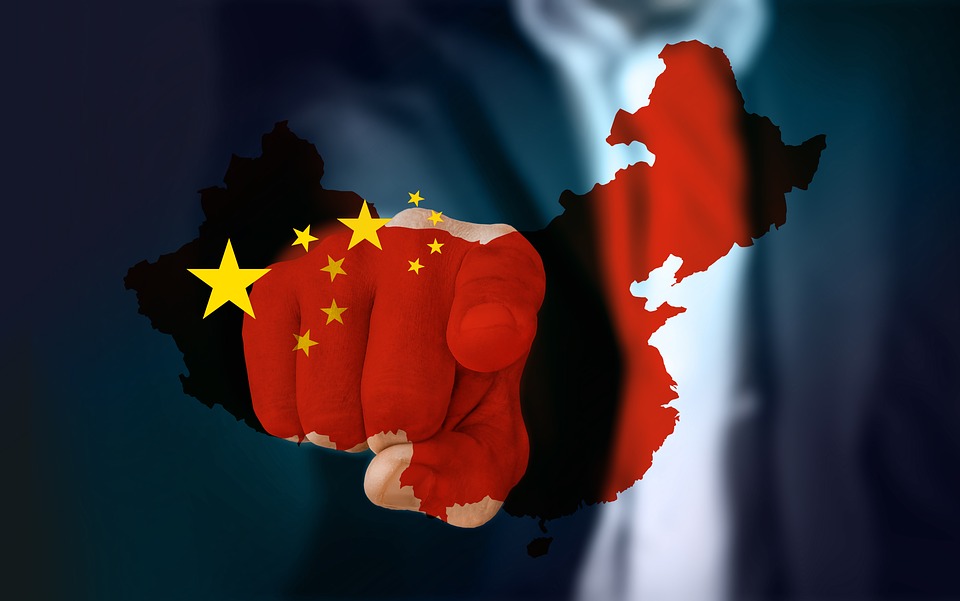Die Zeitung China Daily hat dazu einen Bericht:
Envoy clarifies China’s Ukraine stance
Chinese Ambassador to the US Qin Gang
The assertions that „China knew about, acquiesced to or tacitly supported“ Russia’s military operation in Ukraine „are purely disinformation“, Qin Gang, the Chinese ambassador to the US wrote in an op-ed published Tuesday.
In the piece in The Washington Post, he dispelled talk of a comparison between the situation in Ukraine and Taiwan, calling them „totally different things“.
In the article titled „Where We Stand in Ukraine,“ Qin said that he was writing to „explain fully and dispel any misunderstandings and rumors“.
He denied claims that China had prior knowledge of Russia’s military action and that it had demanded Russia delay it until the Beijing Winter Olympics had concluded. Qin also denied that Russia was seeking military assistance from China.
„Let me say this responsibly: Assertions that China knew about, acquiesced to or tacitly supported this war are purely disinformation. All these claims serve only the purpose of shifting blame to and slinging mud at China,“ wrote Qin.
„There were more than 6,000 Chinese citizens in Ukraine. China is the biggest trading partner of both Russia and Ukraine, and the largest importer of crude oil and natural gas in the world. Conflict between Russia and Ukraine does no good for China. Had China known about the imminent crisis, we would have tried our best to prevent it.“
The ambassador reiterated the positions emphasized by other senior Chinese officials: China is committed to an independent foreign policy of peace, and as a „staunch champion of justice“, China decides its position on the merits of the issue.
He also reiterated China’s „objective and impartial“ position on Ukraine. „The purposes and principles of the UN Charter must be fully observed; the sovereignty and territorial integrity of all countries, including Ukraine, must be respected; the legitimate security concerns of all countries must be taken seriously; and all efforts that are conducive to the peaceful settlement of the crisis must be supported,“ the ambassador wrote.
„Given this, threats against Chinese entities and businesses, as uttered by some US officials, are unacceptable. Neither war nor sanctions can deliver peace. Wielding the baton of sanctions at Chinese companies while seeking China’s support and cooperation simply won’t work,“ said Qin.
Qin mentioned specifically that some people are linking Taiwan and Ukraine to play up the risk of a conflict in the Taiwan Straits, referring to the analogy as „a mistake“.
„These are totally different things. Ukraine is a sovereign state, while Taiwan is an inseparable part of China’s territory. The Taiwan question is a Chinese internal affair. It does not make sense for people to emphasize the principle of sovereignty on Ukraine while hurting China’s sovereignty and territorial integrity on Taiwan,“ said Qin. „The future of Taiwan lies in peaceful development of cross-Straits relations and the reunification of China.“
The ambassador stressed that China is committed to peaceful reunification and retains all options to curb „Taiwan independence“. He expressed the hope that the United States earnestly abide by the one-China principle and not support „Taiwan independence“ separatism in any form.
„To ensure long-term peace and stability across the Taiwan Straits, China and the United States must work together to contain ‚Taiwan independence,“ Qin wrote.
Qin enumerated the efforts of China to push for peace talks and the prevention of a humanitarian crisis in Ukraine, including President Xi Jinping’s phone call with President Vladimir Putin on the second day of the conflict expressing China’s desire to see Russia and Ukraine hold peace talks as early as possible; Xi’s virtual meeting with leaders of France and Germany emphasizing the need to jointly support peace talks between Russia and Ukraine; the Rome meeting between Yang Jiechi, the director of the Office of the Central Commission for Foreign Affairs of China, and Jake Sullivan, the national security adviser of US in Rome; and the close communication State Councilor Wang Yi has maintained with Secretary of State Antony Blinken and other foreign ministers.
Qin also mentioned that China outlined a six-point initiative to address the Ukraine crisis and suggested that humanitarian operations abide by the principles of neutrality and impartiality. He also wrote that the first tranche of emergency humanitarian supplies provided by the Red Cross Society of China to its Ukrainian counterpart had been shipped from Beijing.
Qin cited a Chinese proverb, „It takes more than one cold day to freeze three feet of ice.“ He said the long-term peace and stability of Europe rely on the principle of indivisible security, and there must be a balanced, effective and sustainable security architecture.
„The priority now is to achieve a cease-fire to protect civilians from war, „said Qin. „But as a permanent member of the UN Security Council and a responsible major country, China will continue to coordinate real efforts to achieve lasting peace. We stand ready to do whatever we can and work with other parties.
„Our ultimate purpose is the end of war and support regional and global stability,“ Qin concluded.

